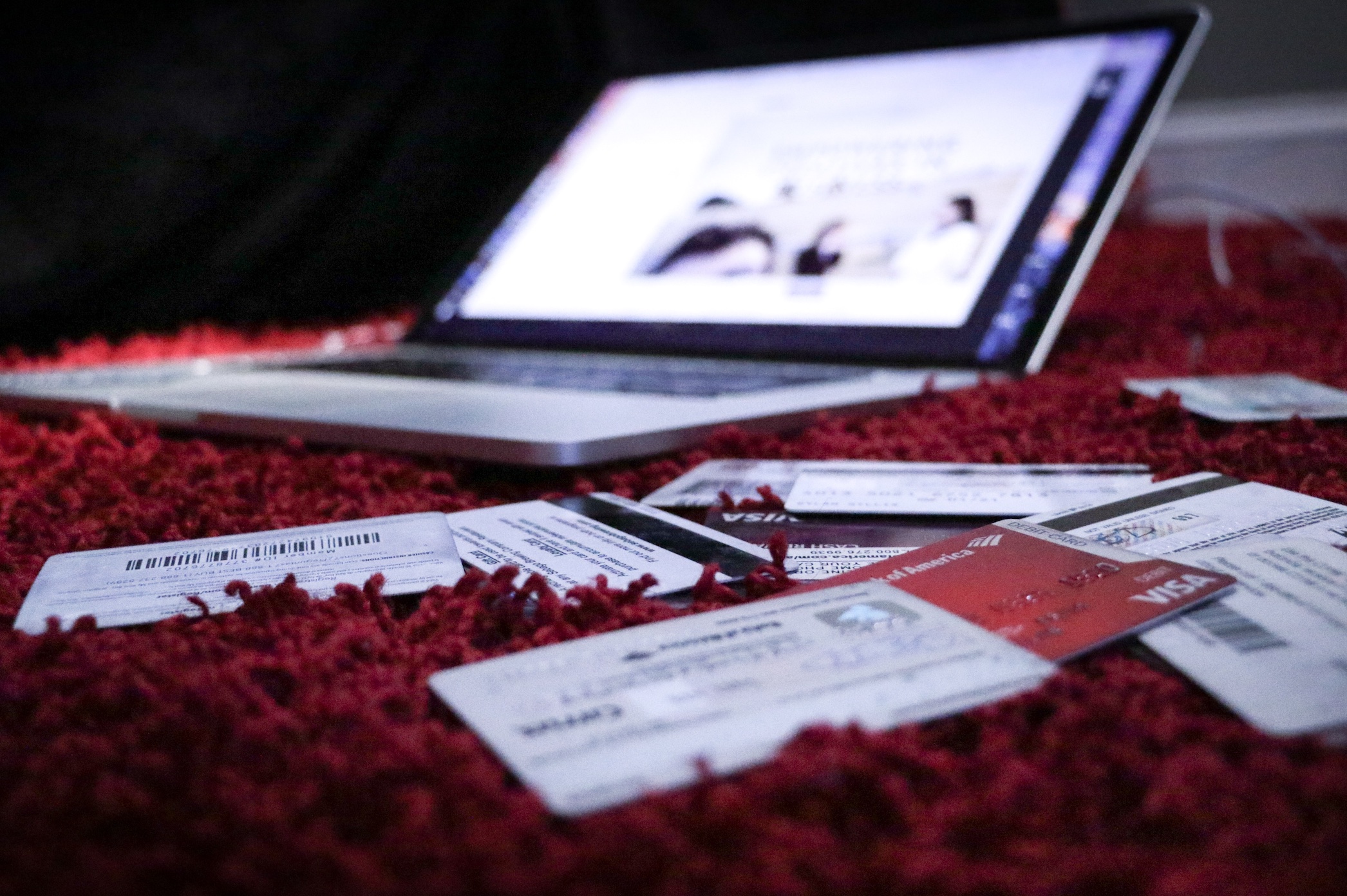If you’re about to receive an inheritance, don’t file for bankruptcy as it will be seized and sold to cover your debt.
Raleigh, NC – You may have heard about various celebrities filing for bankruptcy when they cannot keep up with repaying their debts. While filing for bankruptcy may indeed be the solution to your financial problems this is not a decision to be taken lightly. You must start by reading up a bit on what it entails and discuss the specifics of your situation with trustworthy lawyers.
Here are a few steps you must take before going to the bankruptcy court.
- Explore other options
You owe it to yourself and your family. Could you possibly cut down expenses and increase your revenues to avoid bankruptcy? Talk to your main creditors and see if they’re willing to negotiate a payment plan.
- Take credit counseling courses
This is mandatory in North Carolina if you want to file for bankruptcy. You will have to present proof you completed a credit counseling course in the six months before filing your petition. Look up agencies accredited with the Department of Justice. Such a course is short and may even be completed online or over the phone.
- Weigh your options
Seasoned Raleigh bankruptcy lawyers will talk you through the merits of the types of bankruptcy available.
Chapter 7, aka liquidation bankruptcy, involves allowing the court-appointed trustee to sell your assets. The proceeds will be used to cover your debt. While this sounds terrifying, it’s not all that drastic. Experienced North Carolina bankruptcy lawyers will explain how you can use the various exemptions available to save a good portion of your assets.
Chapter 13 is often referred to as reorganization bankruptcy. You get to keep all your assets but you will have to pay off your debts under a 3 to 5 years repayment plan drafted by the court. You qualify for Chapter 13 if your income is above the median income for a family of your size in North Carolina. If your income falls below the median income you must file for Chapter 7.
- Understand what types of debts can be discharged
Filing for bankruptcy is not a magical solution to all your problems. You can be discharged of your credit card debts, medical bills, unpaid utility bills, and a few other debts. On the other hand, you cannot get rid of student loans, unpaid federal taxes, alimony and child support debt, or the money you owe from a DUI accident lawsuit filed against you.
- Don’t’ touch your retirement fund
Knowledgeable Raleigh bankruptcy lawyers say this is one of the most common mistakes they see in their line of business. Many people try to repay their debt by taking money out of their retirement fund. In most cases, it doesn’t work and they end up still having to file for bankruptcy. Be smart, don’t take money out of your retirement fund. When you file for bankruptcy, that money is exempt, so you get to keep your nest egg.
- Stop accruing debt

Laptop and credit cards on red shag carpet; image by Dylan Gillis, via Unsplash.com.
Another common mistake. People who are already in deep financial trouble go and buy a new and expensive car, anticipating that their debt will be discharged when they file for bankruptcy. Avoid doing that in the months before filing if you don’t want to face criminal charges and penalties.
- Don’t try to hide assets
Transferring a house to a relative or loaning them a large sum is not a smart move. When you file for bankruptcy, the court clerk will comb through your financial and real estate transactions for the past 2 years, at the very least. Once again, you risk being charged with fraud.
On the other hand, use your common sense. If you’re about to receive an inheritance, don’t file for bankruptcy as it will be seized and sold to cover your debt.
Tip: Since you’ll be dealing with lawyers and court clerks, now would be a good time to educate yourself a bit on legal matters.


Join the conversation!